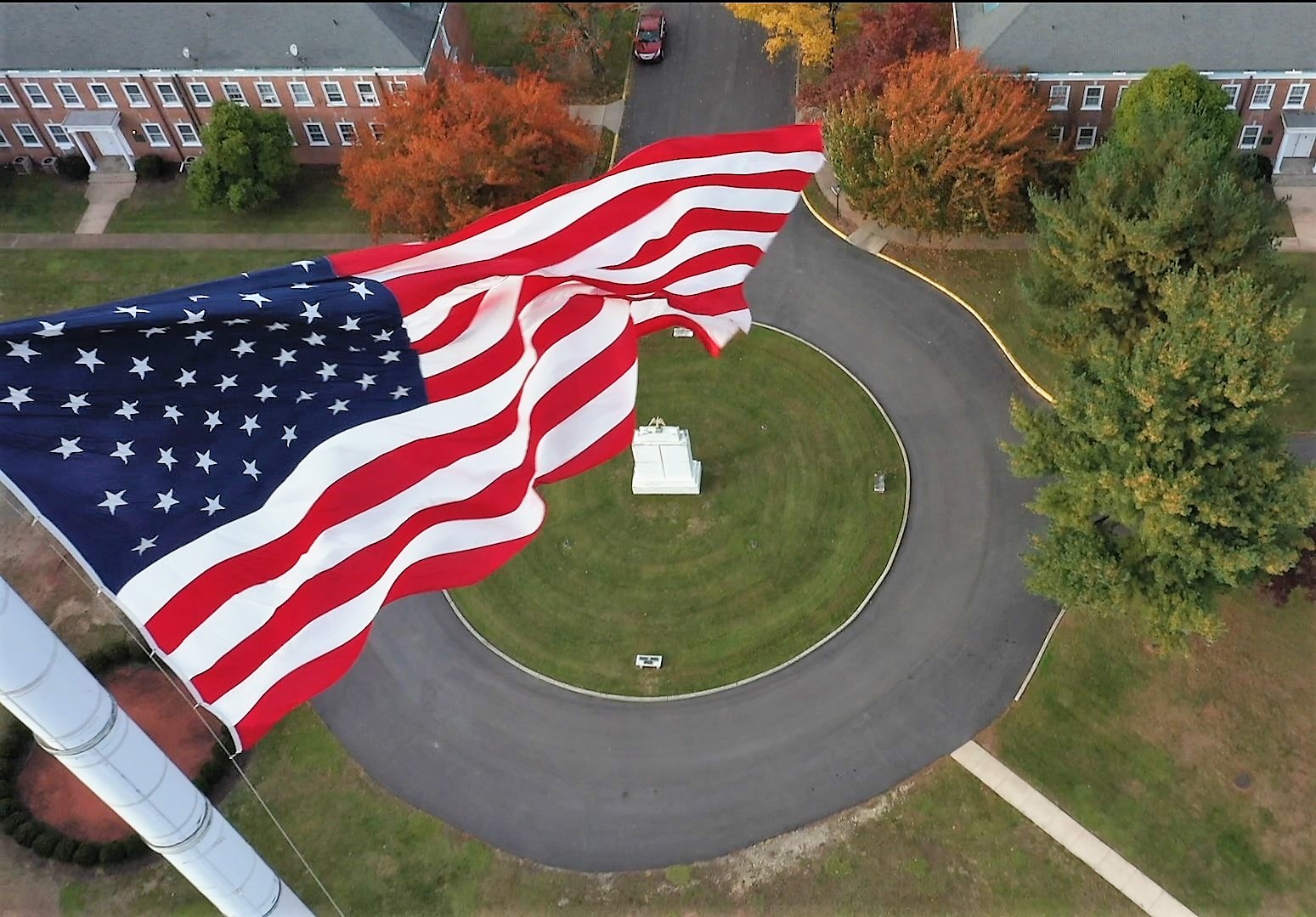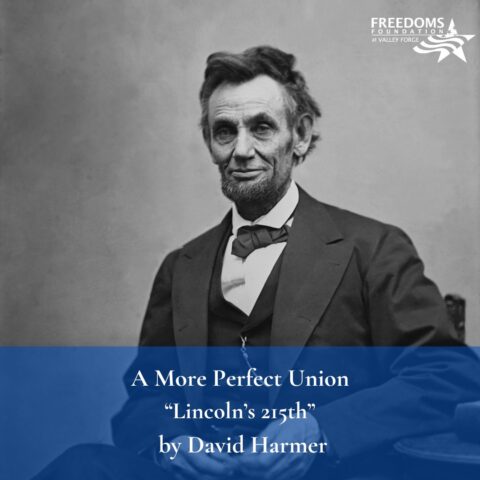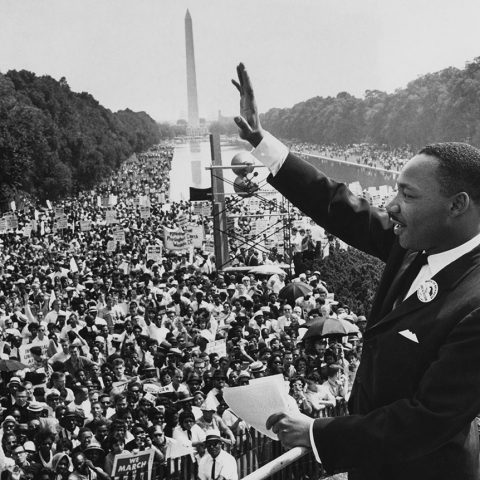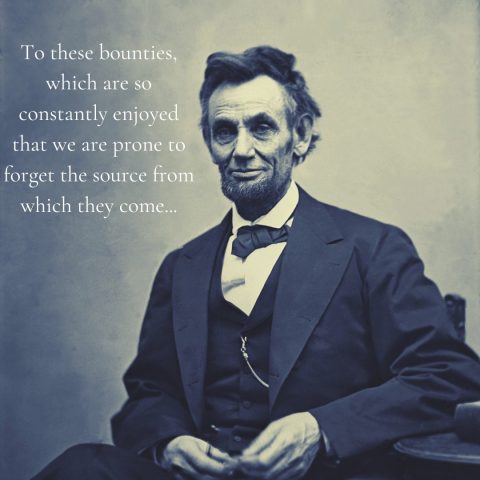Is the Electoral College Anti-Democratic?

By David Harmer
“Uniquely and blatantly anti-democratic.”
“Two of the last five presidents were elected despite losing the popular vote.”
“How can a democracy be sustained when the will of a majority of voters is simply ignored?”
“More than two centuries after it was designed to empower southern white voters, the system continues to do just that.”
“It’s time to abolish the Electoral College.”
Only 35 percent of U.S. adults want to keep the Constitution’s mechanism for electing a president; 63 percent favor election by popular vote instead.[1] Changing the system may have merit. It would hardly be unprecedented.[2] But before we uproot the framers’ handiwork, let’s consider what they did, and why.
The Constitution that emerged from the Philadelphia Convention of 1787 grounded ultimate sovereignty in the people. The first subdivision of the first branch of the government it established would be directly elected by the people. But each succeeding subdivision or branch was further removed from them:
- Members of the House of Representatives would be chosen by the people (Article I, Section 2).
- Members of the Senate would be one step removed—chosen by state legislators, who would be chosen by the people (Article I, Section 3).[3]
- The president would be two steps removed—chosen by electors, who would be chosen in a manner directed by state legislators [4], who would be chosen by the people (Article II, Section 1).
- Judges would be three steps removed—nominated and appointed by the president, who would be chosen by electors, who would be chosen in a manner directed by state legislators, who would be chosen by the people (Article II, Section 2).
Why those buffers? The answer lies in the Declaration of Independence:
We hold these truths to be self-evident, that all men are created equal, that they are endowed by their Creator with certain unalienable Rights, that among these are Life, Liberty and the pursuit of Happiness. –That to secure these rights, Governments are instituted among Men, deriving their just powers from the consent of the governed.
The purpose of government is not to effectuate the will of the majority, but to secure to each of us, individually, our natural rights. A government’s just powers are those employed to secure those rights. Losing one’s rights to a majority is no more just than losing them to a monarch. So while a government’s just powers must be derived from the consent of the governed, not everything a majority of the governed desires is just. As Madison explained:
Among the numerous advantages promised by a well-constructed Union, none deserves to be more accurately developed than its tendency to break and control the violence of faction. The friend of popular governments never finds himself so much alarmed for their character and fate, as when he contemplates their propensity to this dangerous vice. . . .
By a faction, I understand a number of citizens, whether amounting to a majority or a minority of the whole, who are united and actuated by some common impulse of passion, or of interest, adverse to the rights of other citizens, or to the permanent and aggregate interests of the community.[5]
Far from representing subterfuge or oversight, the proposed government’s insulation from popular passions was thoroughly debated and candidly advocated. The framers sought not to thwart or subvert the will of the people, but to temper and bridle it. As Hamilton explained (referring to the president):
It was desirable that the sense of the people should operate in the choice of the person to whom so important a trust was to be confided. This end will be answered by committing the right of making it, not to any preestablished body, but to men chosen by the people for the special purpose . . . .
It was equally desirable, that the immediate election should be made by men most capable of analyzing the qualities adapted to the station, and acting under circumstances favorable to deliberation, and to a judicious combination of all the reasons and inducements which were proper to govern their choice. A small number of persons, selected by their fellow-citizens from the general mass, will be most likely to possess the information and discernment requisite to such complicated investigations.[6]
Although the Electoral College no longer operates as Hamilton anticipated, it still serves the Madisonian ends of diffusing faction, fostering moderation, and promoting union in our federal system. As Allen Guelzo writes:
The Electoral College was designed by the framers deliberately, like the rest of the Constitution, to counteract the worst human impulses and protect the nation from the dangers inherent in democracy. The Electoral College is neither antiquated nor toxic; it is an underappreciated institution that helps preserve our constitutional system, and it deserves a full-throated defense.[7]
______________________________________________________
[1] Pew Research Center, Majority of Americans continue to favor moving away from Electoral College, August 5, 2022.
[2] Of the 27 amendments adopted since the Constitution’s ratification, at least five affect the selection of the president. The 12th Amendment requires electors to vote separately for president and vice president (thus allowing the president and vice president to run as a ticket, rather than making the runner-up in the presidential vote the vice president). The 20th advanced the start and end dates of presidential terms and provides for succession in case of death before taking office. The 22nd limits presidents to two elected terms. The 23rd gives electors to the District of Columbia. The 25th addresses the manner of filling vacancies in the presidency or vice presidency.
[3] This was changed by the 17th Amendment, which mandates direct election of U.S. senators.
[4] Most states choose electors by party convention. Others do so by state party committees, gubernatorial appointment, or other means. See https://electoralvotemap.com/how-are-electors-chosen/
[5] James Madison, Federalist No. 10, “The Same Subject Continued: The Union as a Safeguard Against Domestic Faction and Insurrection.”
[6] Alexander Hamilton, Federalist No. 68, “The Mode of Electing the President.”
[7] Allen Guelzo, “In Defense of the Electoral College,” National Affairs, Winter 2018.

Donate Today
Supporting America’s first principles of freedom is essential to ensure future generations understand and cherish the blessings of liberty. With your donation, we will reach even more young people with the truth of America’s unique past, its promising future, and the liberty for which it stands. Help us prepare the next generation of leaders.




